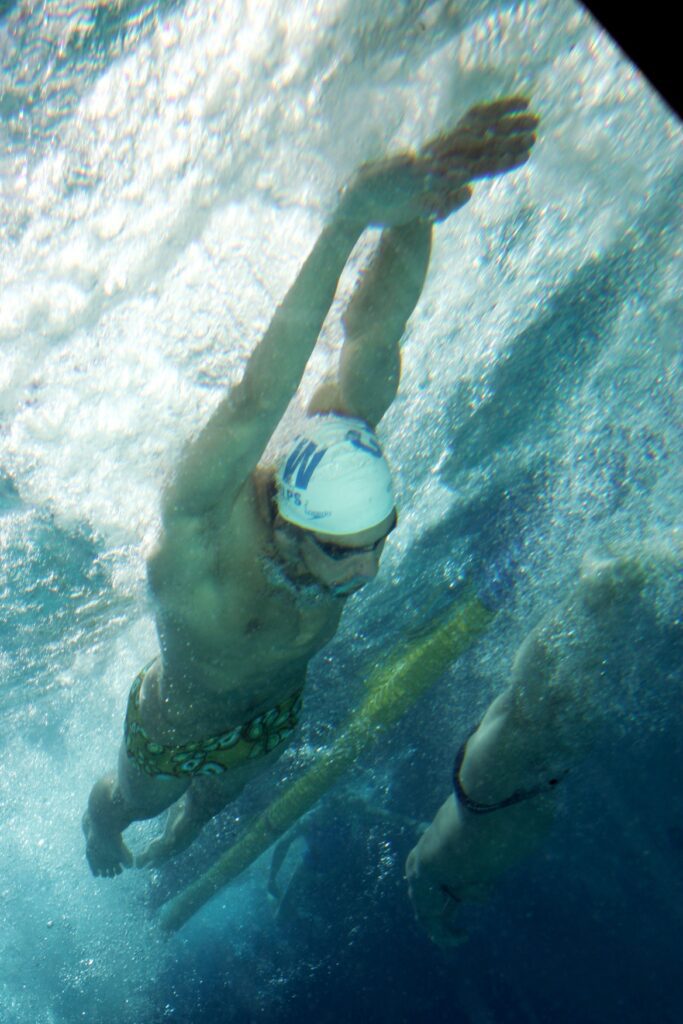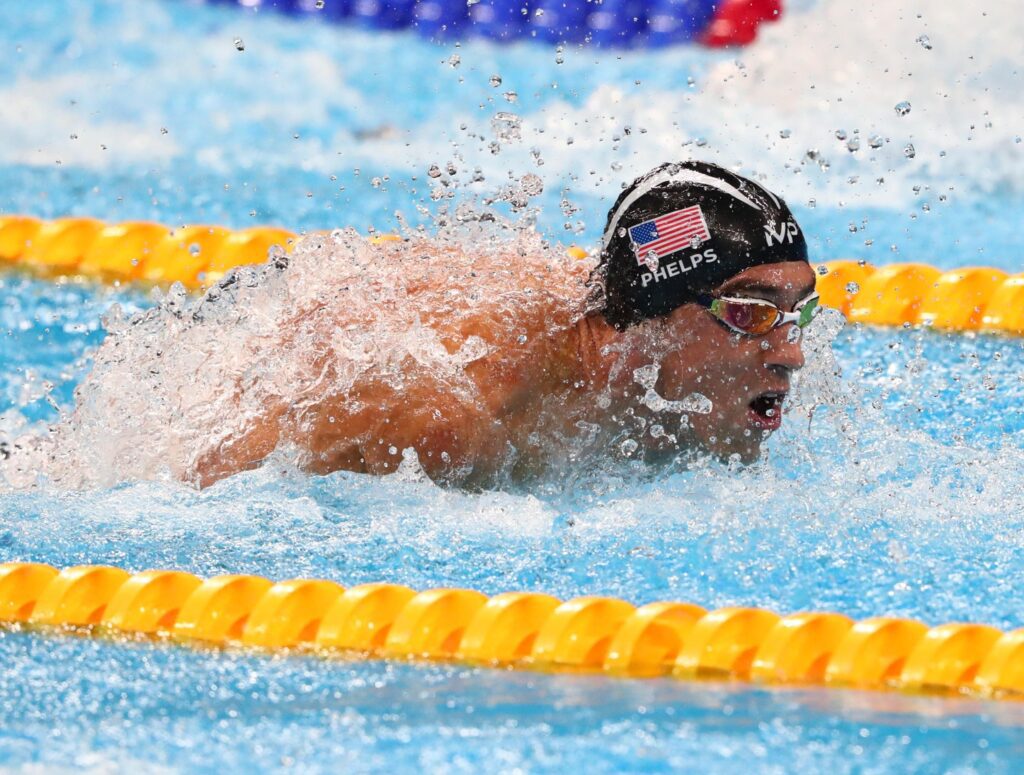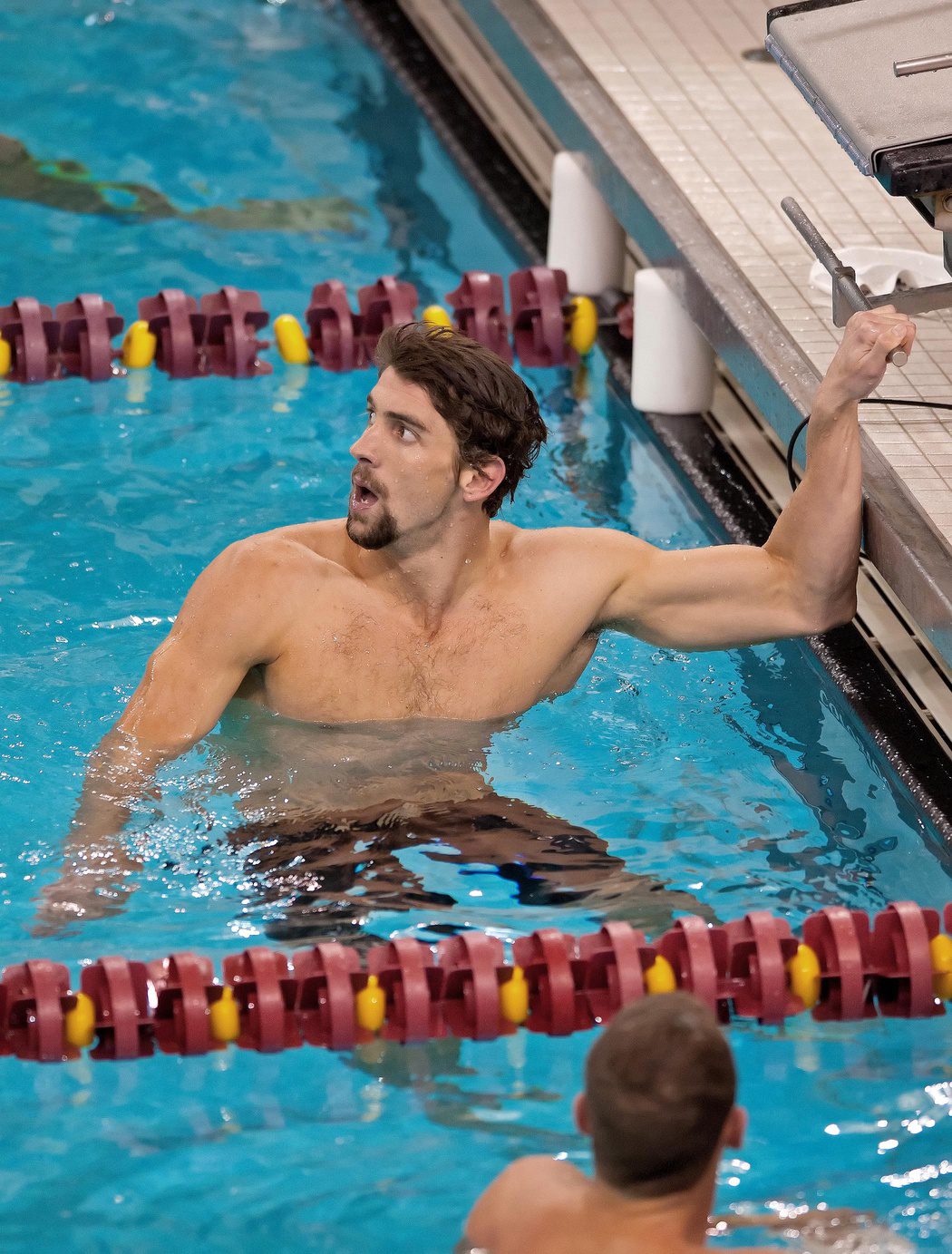Michael Phelps changed swimming forever, earning 28 Olympic medals over four Olympics, a record that many believe will never be broken. His story shows how raw talent, relentless hard work, and incredible mental strength can lead to unmatched greatness in sports. From breaking world records at age 15 to becoming the most decorated Olympian in history, Phelps redefined what athletes could achieve in the pool.
His influence stretches beyond medals and records – he transformed competitive swimming techniques, training methods, and even how athletes approach mental health. Let’s dive deep into the remarkable journey of the best of Michael Phelps, a hyperactive young boy from Baltimore, who started swimming just to burn off energy, and grew into the most successful Olympic athlete of all time.
Early Years and Rise to Fame
Michael Phelps started swimming at age seven to copy his sisters and burn off extra energy. His coach Bob Bowman spotted his natural talent early on, noticing Phelps had an unusually long torso and arms that gave him an edge in the water. By age 15, Phelps made his first Olympic team, becoming the youngest male swimmer on the U.S. Olympic team in 68 years.
His early training schedule was intense. He practiced every day, sometimes twice daily, even on holidays. This dedication helped him develop perfect swimming form and build the strength needed for competitive swimming. Young Phelps also learned to use visualization techniques, imagining every detail of his races before swimming them.
Record-Breaking Olympic Success
Phelps dominated swimming like no one before him. At the 2008 Beijing Olympics, he achieved what many thought impossible – winning eight gold medals in a single Olympics.
His achievements include:

- Most Olympic medals ever: 28
- Most Olympic gold medals: 23
- Most individual Olympic medals: 16
- Most medals in individual events: 13
This success came from his unique combination of physical gifts and mental preparation. He trained harder than other swimmers, often swimming more than 12 miles daily. His coach created special workouts that pushed him to his limits, helping him build incredible endurance.
Fighting Personal Battles
Success brought its own challenges. After the 2012 Olympics, Phelps struggled with depression and anxiety. He bravely shared his mental health journey, helping other athletes speak up about their own struggles. This openness changed how people view athletes’ mental health.
Phelps developed several key strategies to handle the immense pressure of competition. He made the brave choice to talk openly about his feelings, breaking down stigmas around mental health in sports. When challenges felt overwhelming, he sought professional help, showing other athletes it’s okay to ask for support. Through regular therapy sessions, he built stronger coping skills that helped him both in and out of the pool. Most importantly, Phelps learned to lean on his family and friends during tough times, creating a strong support system that helped him overcome his struggles.
Legacy and Life After Swimming
His work includes:
- Teaching swimming to young children
- Speaking about mental health awareness
- Supporting new athletes
- Promoting water safety programs

His impact goes beyond swimming records. He showed that mental health matters as much as physical training. Young swimmers now follow his training methods, and many athletes copy his mental preparation techniques.
Phelps proved that with dedication, proper training, and mental strength, people can achieve amazing things. His journey from a hyperactive kid to Olympic legend inspires millions worldwide. Even after retiring, he continues to influence swimming and sports culture through his foundation work and mental health advocacy.









